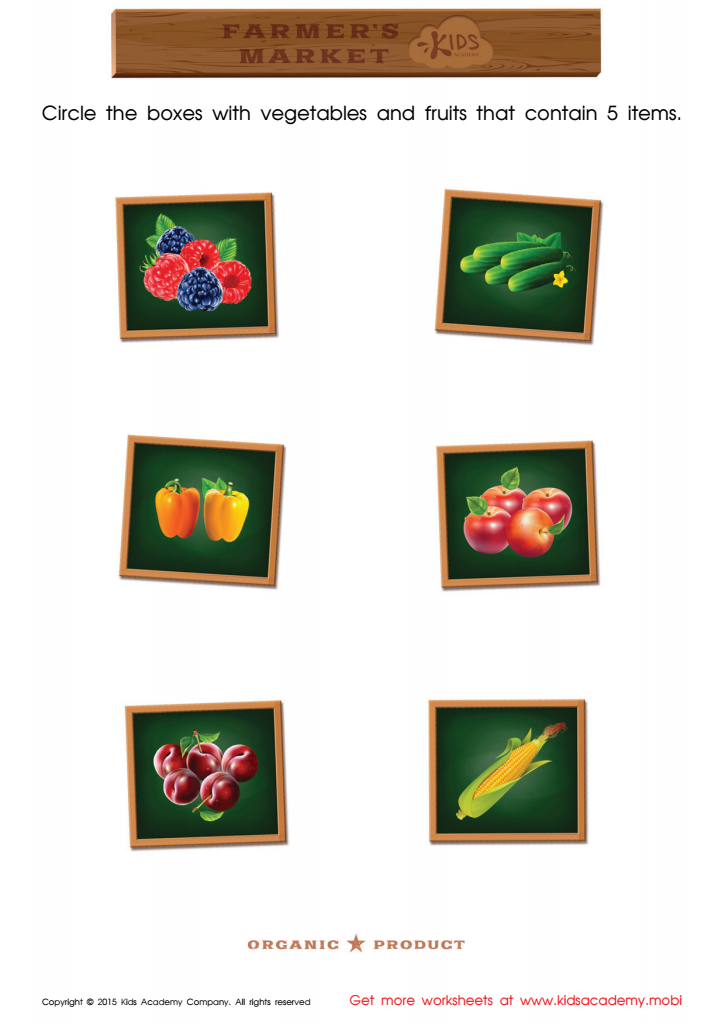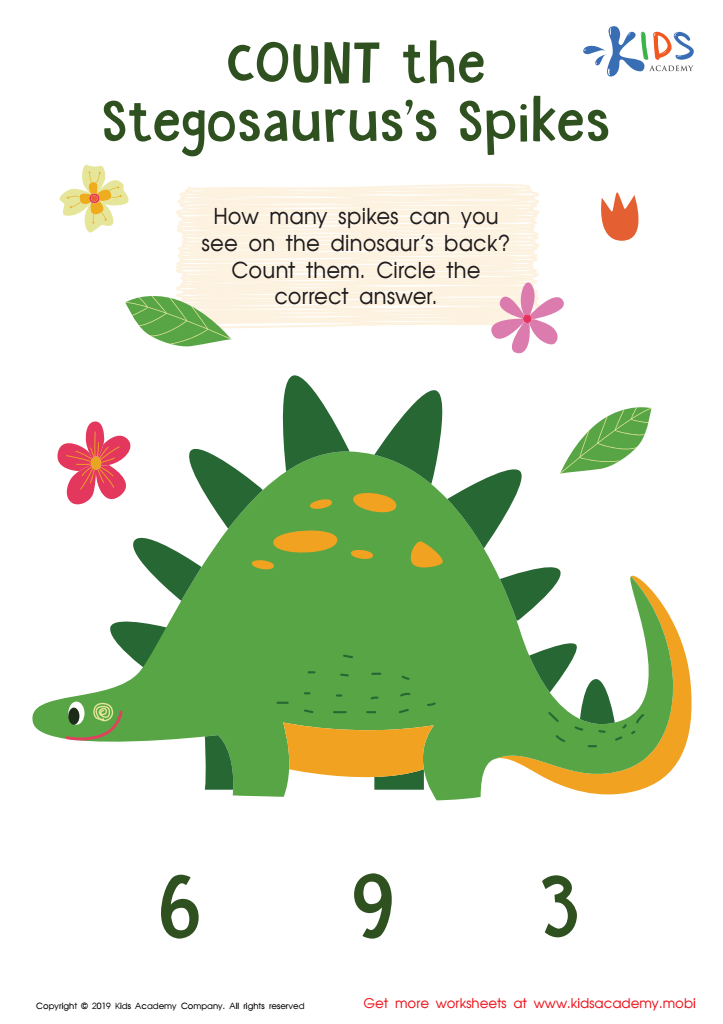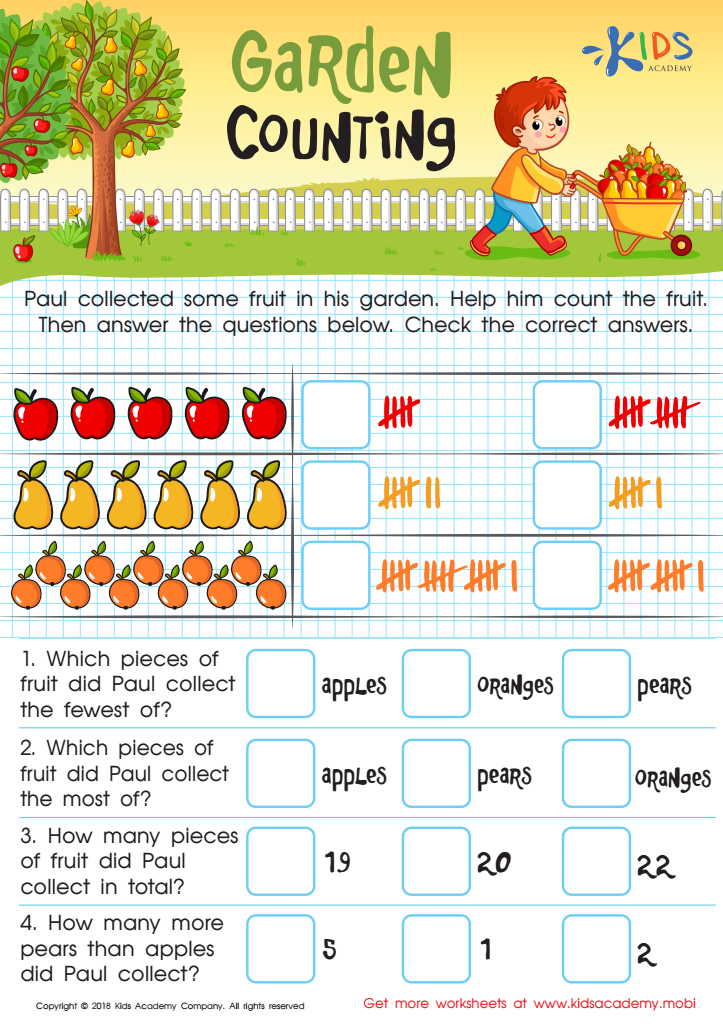Object identification Math Worksheets for Ages 6-9
3 filtered results
-
From - To
Explore our engaging Object Identification Math Worksheets for children aged 6-9! Designed to enhance young learners' cognitive skills, these worksheets help students recognize and categorize various objects through fun exercises. Each activity encourages critical thinking as children practice identifying shapes, sizes, and colors, laying a strong foundation for future math concepts. Perfect for home or classroom use, our printable worksheets promote hands-on learning and improve observational skills. Make math enjoyable with colorful illustrations and interactive tasks that capture kids' imaginations while reinforcing their understanding of the world around them. Start fostering your child’s educational journey today!


Count and Match Vegetables 1 – 7 Math Worksheet


Count the Stegosaurus's Spikes Worksheet


Garden Counting Worksheet
Object identification in mathematics for ages 6-9 is crucial for several reasons. This skill forms the foundation for a child's understanding of mathematical concepts and lays the groundwork for problem-solving abilities. At this age, children are at a prime developmental stage where they learn to recognize, classify, and manipulate various objects, honing their analytical skills and promoting spatial awareness.
By engaging with object identification activities, children not only develop mathematical reasoning but also enhance their cognitive skills. For example, identifying shapes and patterns allows students to think critically and recognize relationships, which are essential for higher-level math later on.
Moreover, integrating object identification in math lessons promotes hands-on learning and makes abstract concepts tangible, thus catering to diverse learning styles within a classroom. It also fosters collaboration and communication skills among peers during group activities.
For parents, supporting their child's object identification skills at home reinforces classroom learning and cultivates a positive attitude toward math. Overall, early proficiency in object identification instills confidence, empowers students to tackle challenges, and prepares them for more complex mathematical concepts as they progress through school. This foundational skill is vital in nurturing lifelong learners prepared for the future.
 Assign to My Students
Assign to My Students




















